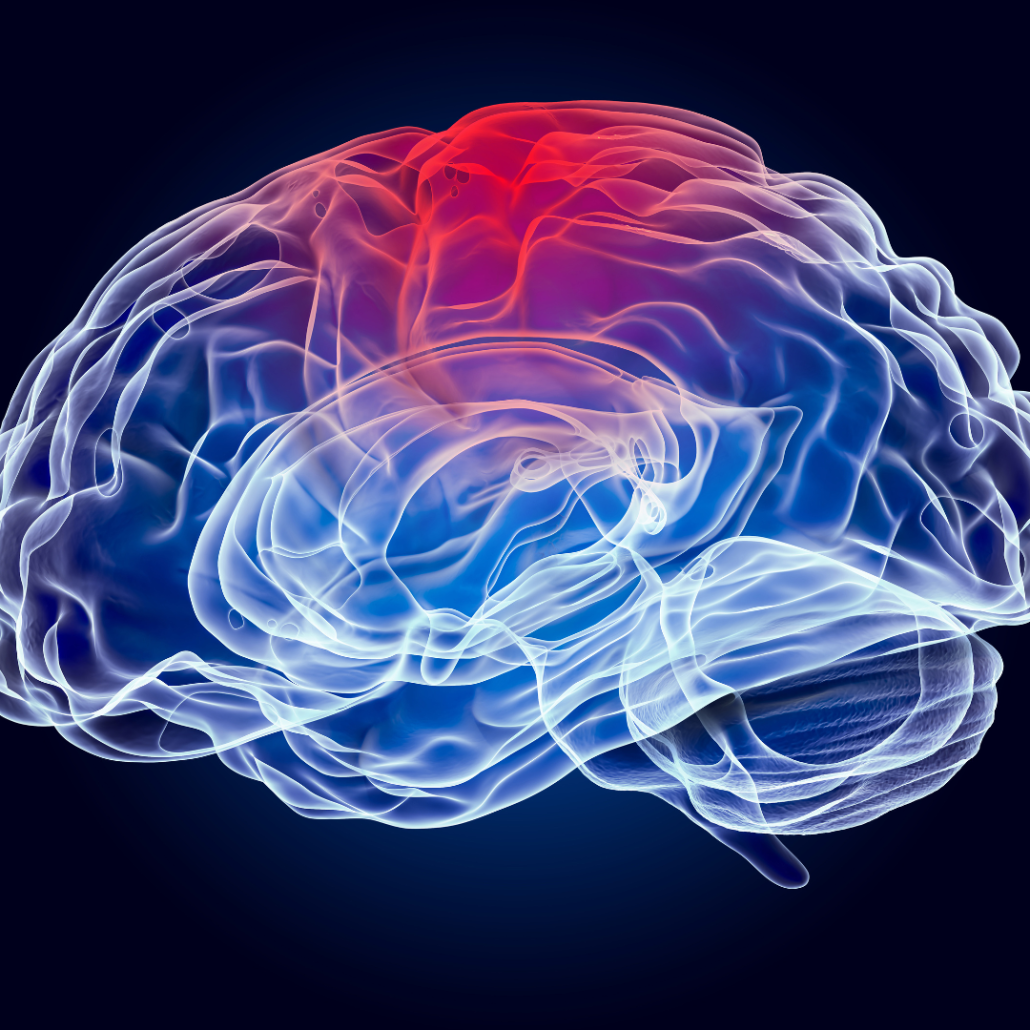Schizophrenia: Not A Lifestyle Choice
Schizophrenia produces psychosis and is linked with significant impairment, affecting many aspects of life such as personal, familial, social, educational, and vocational functioning.
Schizophrenia affects roughly 24 million individuals globally, or one in every 300 people (0.32%). Adults had a rate of one in every 222 persons (0.45%). It is not as widespread as many other mental illnesses. Onset occurs most frequently in late adolescence and the twenties, and it occurs earlier in males than in women.

Signs & Symptoms:
Schizophrenia can appear in early adulthood.
There are several forms of schizophrenia. You may have both ‘good’ and ‘negative’ schizophrenia symptoms.
Positive symptoms occur when you have experiences that are distinct from reality. You may, for example, see or hear things that others do not. Or believe things that others do not.
When you lose the capacity to perform anything, you get negative symptoms. For instance, losing motivation or becoming reclusive. They frequently outlast pleasant symptoms.
What causes schizophrenia is unknown to professionals. There are several causes. Genetics and the environment are thought to be the most important variables in the development of schizophrenia.
If you have some of the following symptoms, you may be diagnosed with schizophrenia.
- Hallucinations
- Delusions
- Disorganized thinking
- Lack of motivation
- Slow movement
- Change in sleep patterns
- Poor grooming or hygiene
- Changes in body language and emotions
- Less interest in social activities
- Low sex drive
There are a variety of successful care options for patients with schizophrenia, and at least one in every three will be able to totally recover.
Life As A Schizophrenic Person:

Although everyone has the same basic cognitive underpinning for schizophrenia, the content of patients’ hallucinations and delusions differs greatly throughout the world. Schizophrenia is a culture-bound disorder, which implies that cultural differences can affect how it appears. Western civilizations consider schizophrenia symptoms to be medical issues, but Eastern countries consider it to be a spiritual or supernatural condition.
Human rights breaches are common for people with schizophrenia, both within and outside of mental health institutions. People with this disorder face significant and widespread stigma, which leads to social marginalization and negatively impacts their interactions with others, including family and friends. This adds to prejudice, which can limit access to general health care, education, housing, and work opportunities.
Extreme stress and panic, a breakdown of social supports, isolation, and disruptions in health-care services and drug supplies can all occur during humanitarian and public health catastrophes. These changes, such as worsening of current symptoms, can have an influence on the life of persons with schizophrenia. People with schizophrenia are more vulnerable than others during emergencies to a variety of human rights abuses, including neglect, abandonment, homelessness, abuse, and marginalization.
What can I do to help someone with schizophrenia?
If someone close to you has schizophrenia, it can be hard to know how to help, but there are lots of things you can try.

Inquire.
This might involve assisting them with daily tasks such as shopping or housekeeping, accompanying them to appointments, or reminding them to take their prescription if they struggle to remember on their own.
Focus on feelings and not experiences.
You may be unclear what to say or do when someone sees or thinks something you do not – but keep in mind that their experiences are true to them. It might assist to focus on how they are feeling rather than what is genuine or accurate.
Educate yourself
It may be beneficial to understand about the symptoms they may encounter and the coping tactics they may find useful. Reading personal tales or speaking with people in similar situations may be beneficial.
Prepare for challenging circumstances in advance.
When your friend or family is feeling well, it might be beneficial to explore how you can assist them if a crisis occurs or if they are at the beginning of another episode. You might try:
- encourage them to write a crisis plan
- discuss which symptoms you can look out for
- get to know their triggers and plan how to cope with them.
And remember, caring for a schizophrenic person can be stressful on yourself, thus, It’s important to invest energy into looking after yourself too.
For Diagnosis & Treatment, get in touch with us at Travocure!
















Leave a Reply
Want to join the discussion?Feel free to contribute!